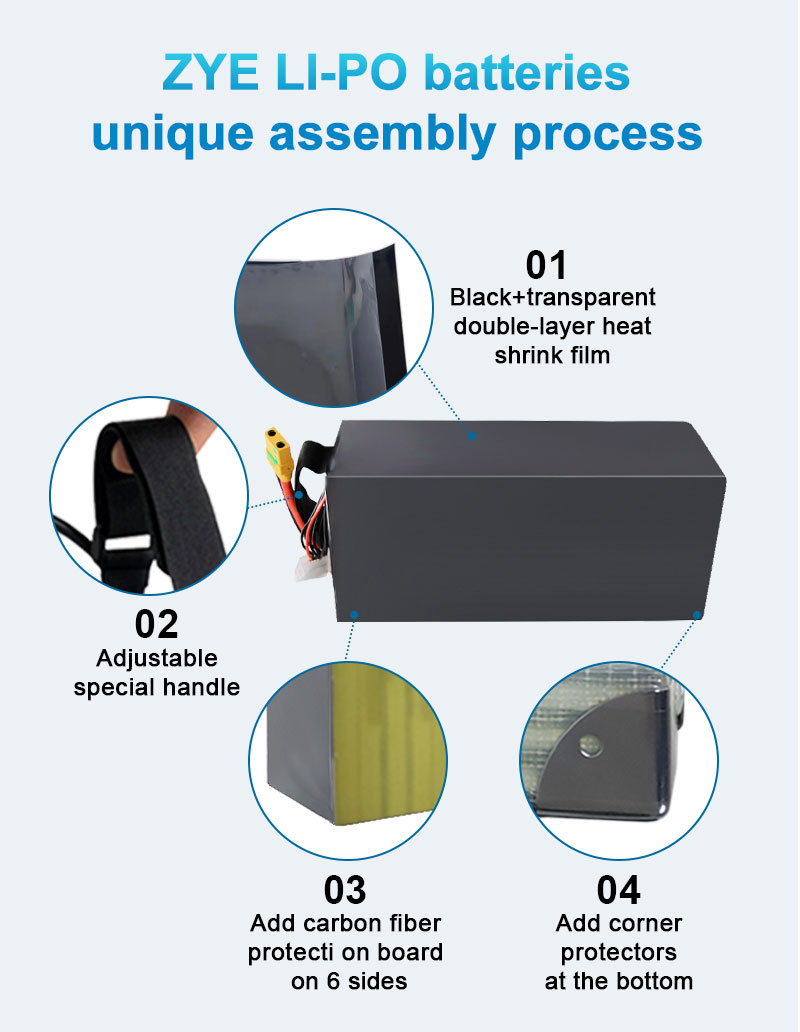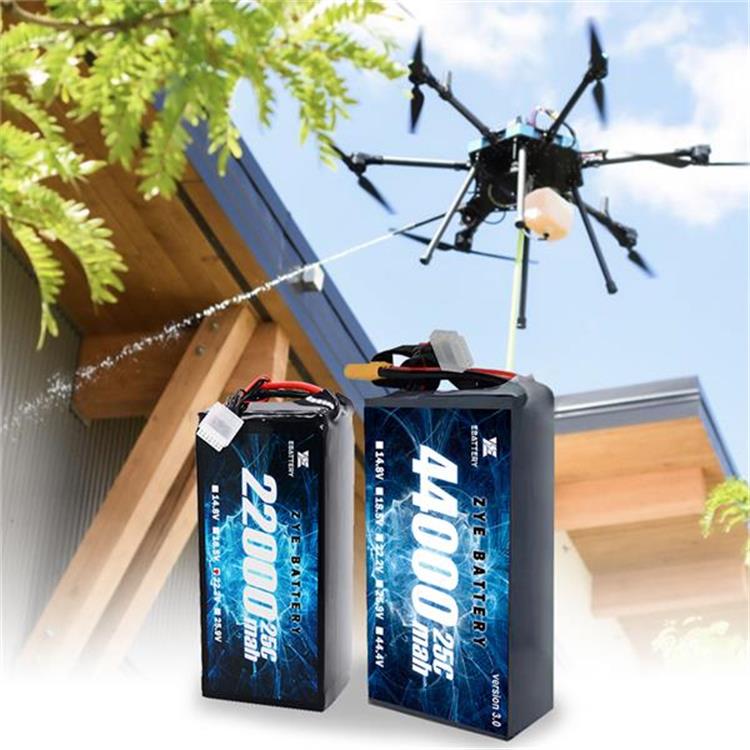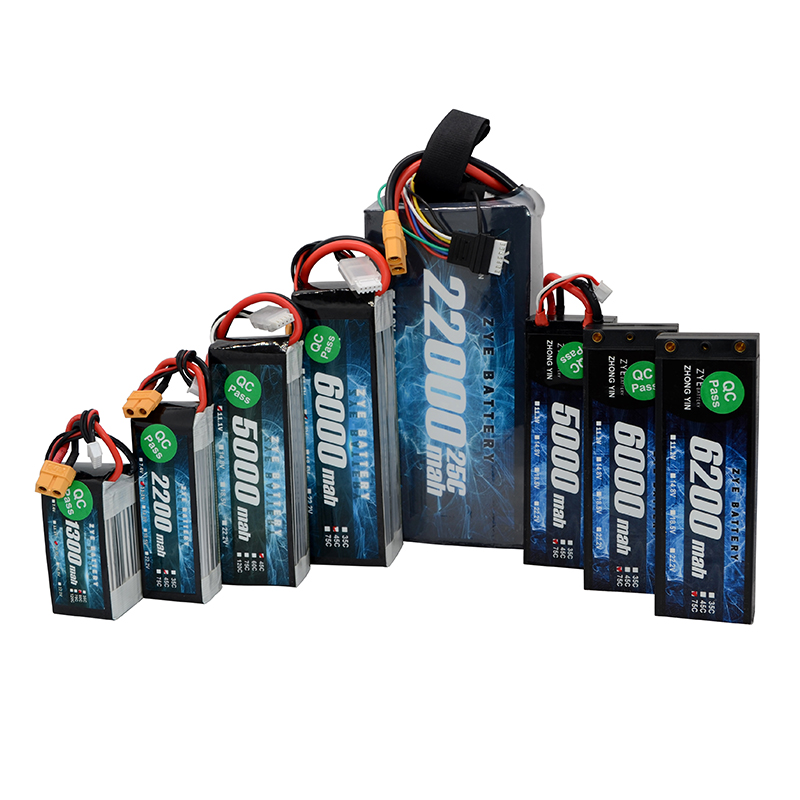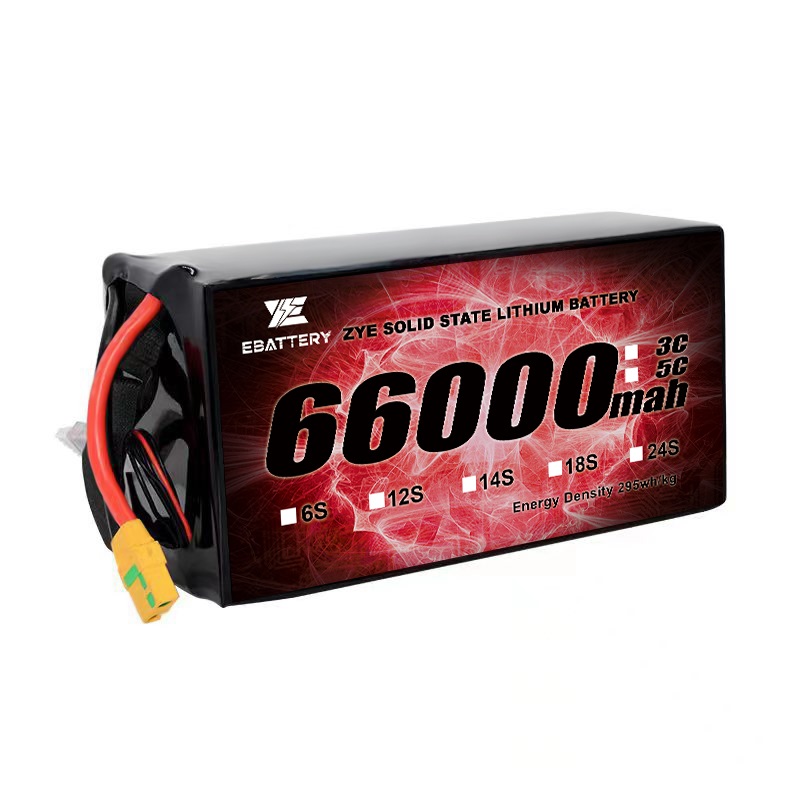Will lipo batteries explode when not in use?
2025-08-08
While these batteries offer high energy density and lightweight design, they also come with potential safety risks. One question that often arises is whether LiPo batteries can explode when not in use.
In this article, we'll explore the factors that influence charge retention in LiPo batteries, and provide insights on how to maximize their performance.

Common Causes of lipo-battery Explosions
While LiPo batteries are generally safe when handled correctly, certain factors can increase the risk of explosion or fire. Understanding these causes can help you take preventive measures:
1. Overcharging
Overcharging is one of the most common causes of LiPo battery explosions. Always use a charger specifically designed for LiPo batteries with built-in safety features to prevent overcharging. Never leave your battery unattended during the charging process.
2. Physical Damage
LiPo batteries are sensitive to physical damage. Punctures, crashes, or impacts can cause internal short circuits, leading to thermal runaway and potential explosions. Handle your 14s lipo battery 28000mah with care and avoid exposing it to sharp objects or excessive force.
3. Over-Discharging
Discharging a lipo-battery below its minimum safe voltage can cause irreversible damage and increase the risk of fire or explosion during subsequent charging. Use a battery management system (BMS) or low-voltage cutoff to prevent over-discharging.
4. Improper Balance Charging
Multi-cell LiPo batteries, like the 14s configuration, require balanced charging to ensure each cell maintains an equal voltage. Use a balance charger specifically designed for your battery type to prevent cell imbalances that can lead to safety issues.
5. Exposure to Extreme Temperatures
High temperatures can accelerate chemical reactions within the battery, potentially leading to thermal runaway. Conversely, extremely low temperatures can cause condensation and internal damage. Always store and use your LiPo battery within the recommended temperature range.
To mitigate these risks, avoid using or storing lipo battery in high-temperature environments. If the battery feels warm to the touch, allow it to cool down before charging or use.

How Can Extend the Time LiPo Batteries Hold Their Charge?
To maximize the charge retention of your lipo-battery-pack, consider implementing the following practices:
1. Proper Storage: When not in use, store LiPo batteries in a cool, dry place away from direct sunlight and heat sources. Ideal storage temperatures range between 15°C to 25°C (59°F to 77°F).
2. Optimal Charge Level: For long-term storage, maintain LiPo batteries at approximately 50% charge. This level helps preserve the battery's health and prolongs its lifespan.
3. Regular Maintenance: Periodically check and balance the cells of your LiPo batteries, especially for multi-cell packs like 14s lipo battery 28000mah configurations. This ensures even charge distribution and prevents individual cell degradation.
4. Avoid Deep Discharges: Try not to completely drain your LiPo batteries. Deep discharges can cause irreversible damage and reduce the battery's overall capacity.
5. Use Appropriate Chargers: Always use chargers specifically designed for LiPo batteries. These chargers have built-in safety features and charging profiles that help maintain battery health.
6. Cycle Regularly: If storing batteries for extended periods, perform a charge-discharge cycle every few months to keep the internal chemistry active and maintain capacity.
7. Handle with Care: Avoid physical damage to LiPo batteries, as dents or punctures can compromise their integrity and lead to reduced charge retention or even safety hazards.

For more information or to discuss your specific battery needs, please don't hesitate to contact us at coco@zyepower.com. Our team of experts is ready to help you find the perfect battery solution for your requirements.
























































